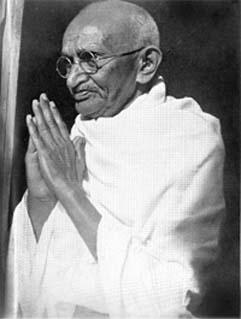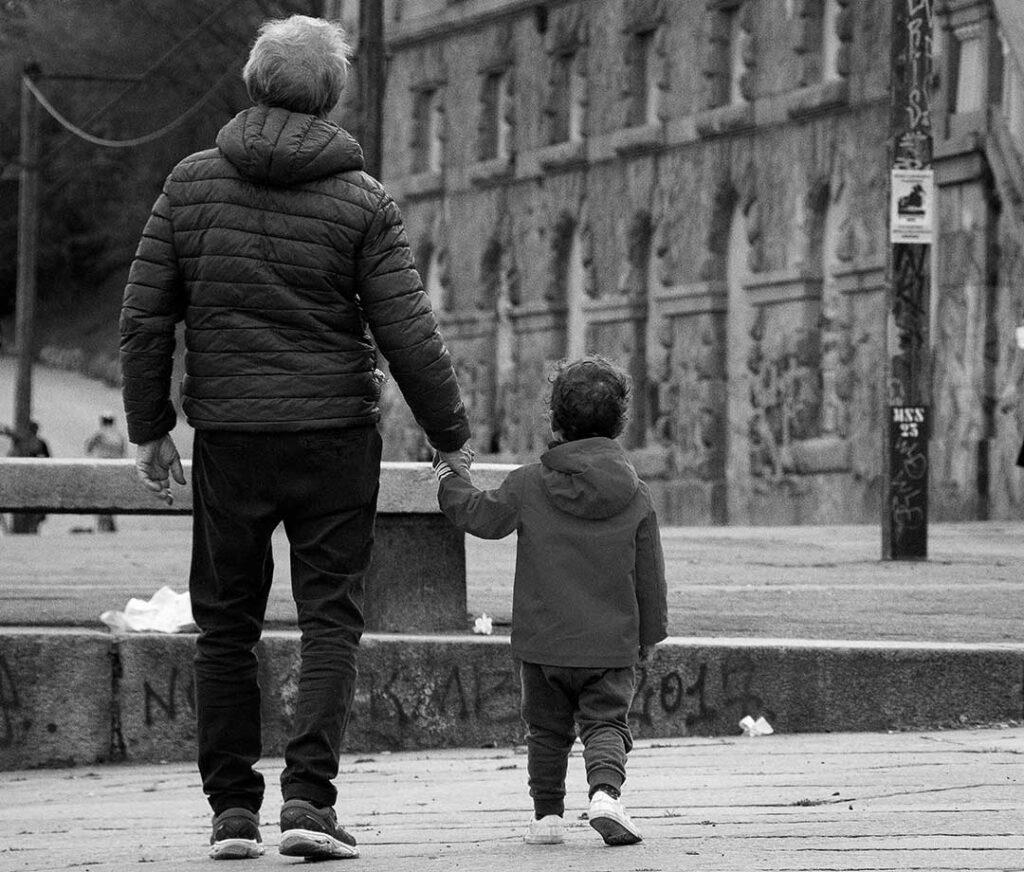Mahatma Gandhi: Nonviolence and the Power of Prayer in Action

Mahatma Gandhi was a renowned leader and spiritual figure who dedicated his life to the pursuit of nonviolence and social justice. His methods of nonviolent resistance and civil disobedience have inspired countless individuals around the world, and his legacy continues to inspire people of all faiths and backgrounds. In this article, we will explore the power of prayer in the life and work of Mahatma Gandhi, and how his spiritual beliefs and practices helped him to achieve his goals of peace and equality.
Gandhi was a deeply spiritual man, and he believed that spirituality was essential for personal growth and social change. He was a devout Hindu and practiced meditation and yoga daily, but he also drew inspiration from other religious traditions, including Christianity and Islam. Gandhi believed that spirituality was not just a personal pursuit, but a way to connect with the divine and to find the strength and wisdom necessary to transform society.
One of the most powerful tools in Gandhi's spiritual toolkit was prayer. He believed that prayer was a powerful tool for personal growth and social change, and he used it regularly throughout his life. In his autobiography, "The Story of My Experiments with Truth," Gandhi writes, "Prayer is my way of realizing that I am a part and parcel of the whole, and that I am not alone in the universe." He also believed that prayer could help him to stay focused and centered in the face of adversity, and he often turned to prayer in times of great stress or difficulty.
Gandhi's use of prayer was not limited to personal reflection or spiritual growth, however. He also used prayer as a tool for social change, and he encouraged others to do the same. He believed that prayer could help to unite people of different faiths and backgrounds, and he often led prayers and meditations at the start of his marches and protests. These prayers were not just a way to connect with the divine, but also a way to express solidarity and unity among the people.
In addition to prayer, Gandhi also drew inspiration from other spiritual practices, such as fasting and celibacy. He believed that these practices could help him to focus his energy and attention, and to stay committed to his goals of nonviolence and social justice. He also believed that fasting and celibacy could help him to connect with the divine in a more direct and powerful way, and to tap into the strength and wisdom that he needed to lead his movement.
One of the most famous examples of Gandhi's use of prayer and other spiritual practices in the context of social change was his 240-day fast in 1932, which was organized in response to the British government's decision to impose a new tax on salt. This fast was a powerful symbol of Gandhi's commitment to nonviolence and his willingness to sacrifice himself for the cause of social justice. It also helped to galvanize support for the Salt March, which took place a few months later and saw thousands of Indians march to the sea to defy the British tax.
Gandhi's use of prayer and other spiritual practices was not limited to his own movement, however. He also had a profound impact on the spiritual lives of others, and he helped to inspire a generation of spiritual leaders and activists who continued his work after his death. One such person was Martin Luther King Jr., who was deeply influenced by Gandhi's use of nonviolent resistance and his commitment to spirituality. King wrote, "I must confess that over the years I have been greatly encouraged by what Mahatma Gandhi has been able to accomplish through the method of nonviolent resistance. This method, I feel, is the most potent weapon available to the indigenous people of the earth."
In conclusion, Mahatma Gandhi was a powerful example of the power of prayer and other spiritual practices in the context of social change. His use of prayer and other spiritual practices helped him to stay focused, centered, and connected to the divine, and to achieve his goals of nonviolence and social justice. His legacy continues to inspire people of all faiths and backgrounds, and his example serves as a reminder of the power of spirituality in the pursuit of personal growth and social change.





